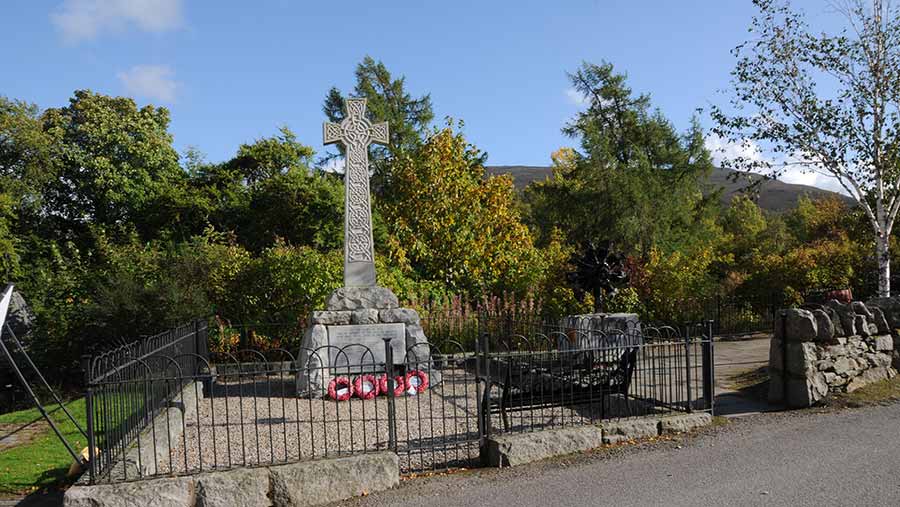Opinion: History reveals the folly of dependence on imports
 © Ellen Thornell/REX/Shutterstock
© Ellen Thornell/REX/Shutterstock As we approach a red letter Remembrance Day this Sunday (11 November), my thoughts turn to the effect war has had on my own family.
Being born in peacetime, I’ve been lucky enough to enjoy the freedom and prosperity secured by the ultimate sacrifice of those that came before me.
Some of these men were my kin who I never met, yet their bravery in the face of battle reminds me that my “problems” are but mere trifles.
See also: UK food self-sufficiency drops to 60%
What serious worries have I got compared with my forebears who were not given the chance to grow old?
Of course, this is not a story confined to my family, but rather a sobering, inherited testimony about the loss of loved ones shared by thousands of other families.
Our generation now has the responsibility to hand these personal family stories on to the next generation – lest we forget.
But maybe as we mark time, it is also an opportunity to imagine what the world might be like in the future.
In 27 years’ time – 2045 – we will commemorate the centenary of the end of the Second World War. That seems a long time ahead – until you think back 27 years to 1991.
Some of us can remember the John Major government of the early 1990s like it was yesterday.
It was a time when an embattled Conservative prime minister was spending far too much of his time trying to hold together his political party that was fundamentally riven over the issue of Britain’s EU membership. So not much change there then…
1991 was also a time when agricultural policy was being changed, just as it is now. The then EU agricultural commissioner, Ray MacSharry, fundamentally shifted the design of farm support from one of guaranteed prices through market intervention to one of area-based payments.
The MacSharry reforms were not a withdrawal of farm support, but rather they took the focus away from increased production.
Not surprisingly, since those reforms in the early 1990s UK farmers have been producing less. We have half a million fewer arable acres in the ground and we keep 25% fewer pigs, sheep and cows.
As a consequence, since 1991 our self-sufficiency in food has decreased from 75% to 60%.
Despite what others might tell you, there has been no “intensification” of UK agriculture over the past 30 years, quite the reverse.
The question now is, will the current proposals by government to withdraw all farm support exacerbate this downward trend?
Are we slowly, but surely returning to the pre-war policy of no farm support and an accompanying reliance on other parts of the world for our food needs?
What level of food security will we be down to by 2045?
On current trends and on current proposed policy change, it could well be as low as 30%.
It should be remembered that in the years before the First World War (and the Second World War), few politicians or their advisors recognised the dangers of being heavily dependent on imports. It was only when supplies were interrupted that the recklessness of this policy became apparent.
Sometimes as a nation we need to remind ourselves of our history.
